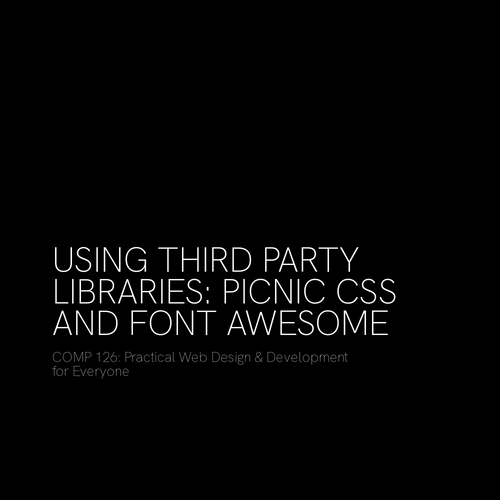constructivism & active learning
in CS education
COMP 227: CS @ UNC-CH


The Educational Paradigm
An ontology, or theory/model of existence/reality
An epistemology, or theory of both individual and shared human knowledge
A methodology for acquiring and validating knowledge
A pedagogy, or theory of teaching
...and others add a fifth component: a theory of evaluation
per Ernest, 1995, an educational paradigm includes:
Constructivism:
A theory of education holding that knowledge and understanding develop best when actively created (rather than passively received) by the student through processes designed to help students make connections and create effective mental models
Constructivism:
- Human learning is constructed from processes of experience and reflection
- Teaching takes place through a process of “posing contradictions, presenting new information, asking questions, encoring research, and/or engaging students in inquired designed to challenge current
concepts” (Brooks & Brooks, 1999)
1978. Vygotsky: "Every function in the child’s cultural development appears twice: first, on the social level and, later on, on the individual level; first, between people (interpsychological) and then inside the child (intrapsychological)": social constructivism
1920s-1960s. Piaget's work on accommodation & assimilation: cognitive constructivism
1960s-80s. Western educational theorists rediscover Piaget, Vygotsky et al and begin to apply their theories to K-12 educational practice
1974. von Glaserfeld argues for "radical constructivism"
Classical paradigm
-
Ontological reality exists
-
Truth exists
-
The mind is a clean slate to be filled with logic and knowledge
-
Passive learning methods
Constructivist paradigm
-
Ontological reality is unattainable so irrelevant to learning
-
All knowledge evolves and is potentially fallible; absolute truth is unattainable
-
Knowledge is acquired recursively: sensory data + existing knowledge + reflection = cognitive structures (models)
-
Emphasis on active learning methods; does not completely reject classical methods
The Constructivist Dilemma in CSE (via M. Ben-Ari, 2001)
The problem, in short:
-
CS involves engagement with many artifacts previously created by others; to understand and effectively use these artifacts, we must understand the cognitive structures underpinning those tools--i.e., the models their inventors had in mind when they created them.
-
CS educators' failure to emphasize the importance of recognizing and understanding these models will limit many CS students' ability to use the artifacts, evaluate them, and, later, to develop their own.
Argument 1:
Many students fail to understand essential CS concepts because the mental models of computers and programming they developed through previous cognitive processes and life experience are flawed.
Argument 2:
We must understand students' flawed mental models before we can help them develop effective ones.
Application of Constructivism in CSE: Ben-Ari proposes that...
- construction of CS concepts is too haphazard, leading to flawed self-created mental models
- autodidacts tend to create mental models that are incompatible with academic CS
- GUIs do not serve as useful representations of CS concepts and can even interfere with construction of mental models
- some students benefit from more reflective/social learning styles and are not well served by typical modes of learning CS/programming
constructivism in CS
By tkjn
constructivism in CS
- 685



